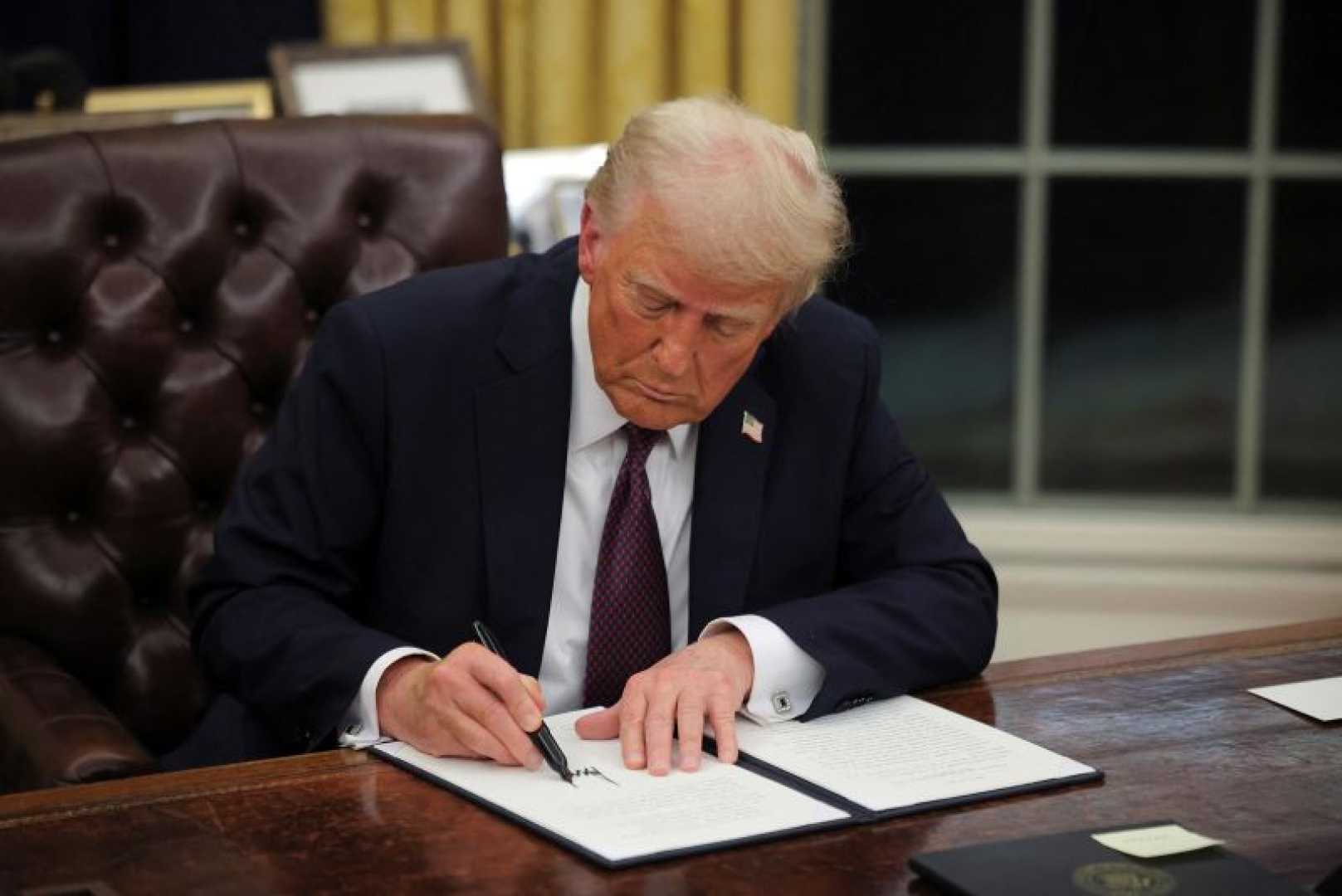Politics
Trump’s Order Eliminates Disparate-Impact Liability in Federal Law

WASHINGTON, D.C. — On April 23, 2025, President Donald Trump issued an executive order aimed at eliminating the use of disparate-impact liability in federal civil rights law. This order seeks to align employment practices with constitutional principles of equality, emphasizing that all citizens should be evaluated based on individual merits rather than immutable characteristics like race or sex.
The executive order asserts that disparate-impact liability creates a presumption of discrimination based solely on outcome differences among various groups, even in the absence of discriminatory intent. The administration contends that this approach undermines the core American value of equal opportunity.
“A key tool of this movement is disparate-impact liability… which has hindered businesses from making hiring and other employment decisions based on merit and skill,” Trump stated. The order revokes previous presidential approvals of regulations from 1966 and 1973 that facilitated these liability claims.
Under this new directive, the Attorney General is instructed to review ongoing investigations and civil suits related to disparate-impact allegations swiftly. Agencies responsible for enforcing civil rights laws, including the Equal Employment Opportunity Commission (EEOC), are to prioritize evaluations of existing legal proceedings that rely on such theories.
Trump emphasized that disparate-impact liability is inconsistent with the U.S. Constitution, noting that it often requires individuals and businesses to engage in race-conscious practices to avoid being sued. “Disparate-impact liability not only undermines our national values but also runs contrary to equal protection under the law,” he added.
The administration plans to initiate further actions, including reviewing state laws that enforce disparate-impact standards. The executive order reflects a shift in the federal government’s approach to civil rights enforcement, focusing on meritocracy and the elimination of perceived race-based favoritism in hiring.
Reactions to the executive order were varied, with supporters praising efforts to restore what they see as a fair merit-based system, while critics argue it could lead to an increase in subtle discrimination. As the impacts of this order unfold, many believe it will reshape the landscape of civil rights protections in the U.S.












